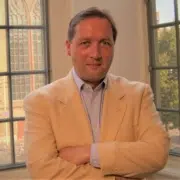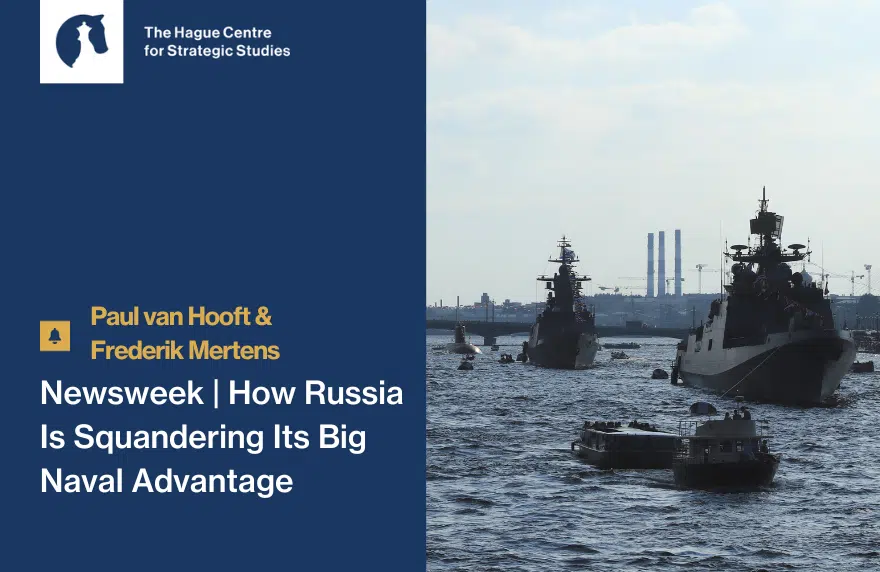NEWSWEEK | In an update posted to social media, the General Staff of Ukraine’s Armed Forces said that Russia had lost a total of 4,006 tanks since February 24, 2022. Tank losses of around 4,000 for Russia do seem “probable”, strategic analyst Frederik Mertens of the Hague Centre for Strategic Studies (HCSS), told Newsweek.
Moscow has been beset by organizational and planning failures, ruptures in the command chain, poor training and unmotivated troops after the best were wiped out in the first waves of the war, leaving few to train the next generation of tank crews, analysts say.
“When you don’t use them properly, they’re very vulnerable,” says Ed Arnold, a research fellow at the London-based Royal United Services Institute think tank. “The poor planning compounded everything.”
Analysts point to images and footage of Russian tanks in long columns in the first days and weeks of the war, and how often tanks would be deployed without infantry support or in built-up areas. Ukrainian forces were well equipped to ambush Russian tanks in this type of environment.
These are examples of tactics that “competent commanders would avoid at all costs,” according to Paul van Hooft, senior strategic analyst at HCSS, told Newsweek. “But they kept doing it.”
With many of its advanced tanks gone and the more experienced operators killed, Russia had to turn to rushing new recruits through training.
A “lack of training, lack of discipline [and] lack of motivation” shone through in so many instances for Russia, van Hooft said. With many of the elite troops killed in the first six months, Russia has continued with tactics of “throwing machines and people at the problem,” he added.
Relying on older kit, including tanks brought out of storage, has made the Russians “sitting ducks” for Ukrainian tank crews now accessing Western tanks that are able to fight at night. There are questions over just how many of these mothballed tanks Moscow would have been able to make operational, van Hooft said, and just how many have been cannibalized to keep the others working.
Many of these older, resurrected tanks will have been lost, and have likely contributed to the Ukrainian General Staff’s figure of 4,000.
Underlying Russia’s many problems, and exacerbating these losses, is a lack of care paid to retrieving damaged vehicles. Many tanks were needlessly lost because of Moscow’s inability to put recovery vehicles into theater, or plan for repair, van Hooft said. This meant that many tanks were unnecessarily abandoned, meaning they could not be used in later stages of the war.
Ultimately, a figure of 4,000 tank losses, even if this estimate is on the high side, comes down to a combination of poor planning, a lack of movement, weak command, insufficient training and turning to older tech to fill the quickly emerging gaps.
Read the full article by Ellie Cook in Newsweek.








